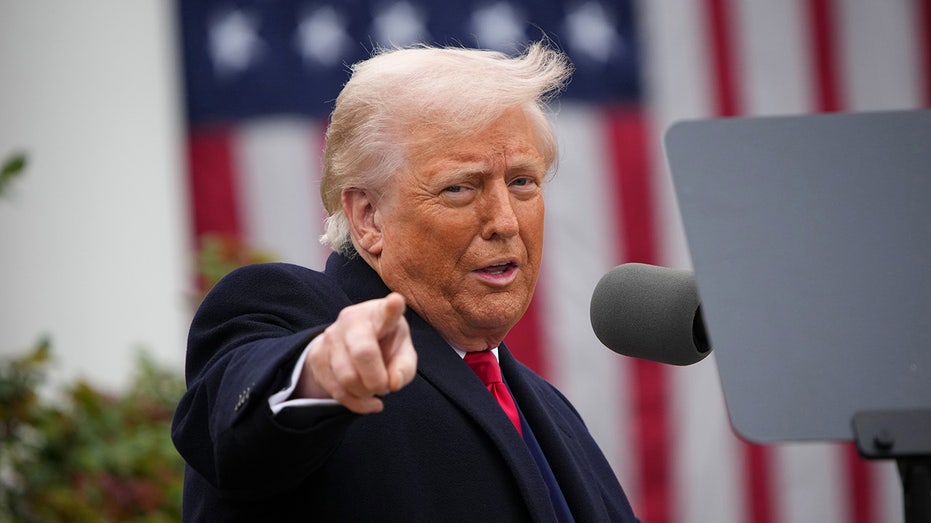- by foxnews
- 06 Apr 2025
Visa a key to unlock the door to global travel, easier access drives tourism boom, Why you need to know
The concept of a visa, formal endorsements on travel documents, has evolved significantly over centuries, shaping the way we travel today.
- by travelandtourworld
- 16 Sep 2024
- in travel

The concept of a visa, formal endorsements on travel documents, has evolved significantly over centuries, shaping the way we travel today.
While their purpose remains to control entry into a country, recent trends reveal how relaxed visa policies are unlocking a global travel boom.
From Wartime Measure to Tourism Booster:
The modern visa system is often attributed to France, which introduced entry requirements in 1914 amidst World War I.
National security concerns during wartime led many countries to follow suit, implementing systems to vet foreign visitors.
Following World War II, international travel blossomed, with visas becoming a standard requirement for entry alongside a passport. However, a shift towards more liberalized visa regimes emerged, partly due to diplomatic efforts.
Schengen Agreement Paves the Way for Free Movement:
A landmark development was the Schengen Agreement (1985) and Schengen Convention (1990), which established visa-free movement across borders for 26 European countries today.
This agreement has demonstrably boosted trade, migration, and tourism, facilitating over 1.25 billion trips annually, according to a research paper by HVS and the Abraham Accords Peace Institute Analysis.
Visa Relaxation Fuels Regional Tourism Growth:
Inspired by Schengen's success, regional collaborations are mirroring this approach.
The Gulf Cooperation Council, a group of six Arab states, aims to introduce a unified visa system by 2025, while Thailand proposes a similar plan for Southeast Asia.
Countries Relaxing Visa Rules to Attract Tourists:
Individual countries are also actively relaxing visa restrictions to attract tourists. Here are some key examples:
Sri Lanka: Launched a six-month pilot program in October 2024, offering free 30-day tourist visas upon arrival for citizens from 35 countries, including India, the U.S., and China.
Malaysia: Introduced a visa-free policy for Chinese and Indian tourists in December 2023, resulting in a 150% increase in arrivals from these countries in the first half of 2024.
Vietnam: Witnessed a 58.4% increase in tourist arrivals in early 2024 after announcing e-visas for all nationalities.
Saudi Arabia: Prioritized easing entry requirements to achieve ambitious tourism goals for 2030.
They offer a stopover program granting a 96-hour free visa to travellers flying with specific airlines, and e-visas or visas on arrival for those with U.S., UK, or Schengen Visas.
Dubai: Streamlined entry with visa on arrival for holders of U.S., UK, or Schengen visas, and launched a five-year multiple-entry visa for Indian citizens.
Challenges Remain for Developing Nations:
Despite the overall trend towards relaxation, significant hurdles persist for travellers from low- and middle-income countries.
The research organisation RAND found that researchers from Africa and Asia face the most significant visa-related obstacles for short-term visits.
The United States Addresses Backlogs:
The U.S. grappled with significant visa wait times post-pandemic, exceeding 400 days for first-time travelers in some markets.
The State Department implemented changes to address this, including waiving interviews for select applicants, increasing staffing, and extending interview waiver authority indefinitely.
While wait times remain high in certain locations like India, the department emphasizes a commitment to reducing wait times and highlights a record number of visas issued in 2024.
Thailand's Visa Push Fuels Tourism Boom:
Thailand's tourism revival strategy hinges on relaxed visa policies.
The country expanded its visa-free and visa-on-arrival programs, allowing visitors from 93 countries to stay visa-free for up to 60 days and offering visa-on-arrival for 31 additional countries.
The Tourism Authority of Thailand (TAT) reports a significant rise in tourist arrivals, particularly from China, Taiwan, and India.
China's Travel Surge:
Destinations worldwide are eager to attract Chinese tourists post-pandemic.
Countries offering relaxed visas are seeing the greatest benefit.
During the recent Chinese New Year, destinations like the UAE, Thailand, Malaysia, and Morocco, all with relaxed visa rules, witnessed a surge in Chinese tourists.
India's Rise in Outbound Travel:
With annual growth of 11%, India is emerging as a key player in outbound tourism.
Limited visa restrictions have significantly boosted travel bookings, particularly to nearby destinations.
India's visa-free access has increased from 49 countries in 2017 to 60 by the end of 2023.
- by foxnews
- descember 09, 2016
Viral photo of McDonald's PlayPlace prompts superfan to reveal fast-food chain's stray from nostalgia
McDonald's superfan shares the standout PlayPlaces he has seen after a viral photo showed a "heartbreaking" McDonald's PlayPlace in Franklin, Tennessee.
read more




